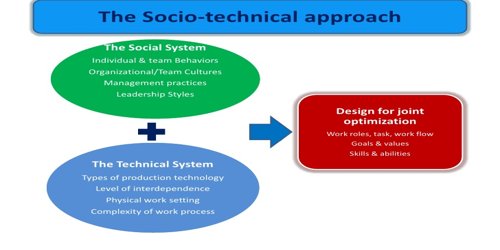Delegation management is one of the most difficult aspects of any management job, there are many important benefits derived by the organization as well as the manager when tasks and responsibilities are properly delegated. Through delegation, you can ease the job of managing and thereby increase your own effectiveness and that of the work group.
Everybody wins with effective delegation, but delegation is especially important if you want to survive and grow in an organization. Here is how delegation can help the manager:
- Allows the manager to achieve more. Probably one of the most signifi- cant benefits is that you can achieve greater productivity. Through the proper selection, assignment, and coordination of tasks, you can mobilize resources to achieve more than would have been individually possible.
- Allows time for managerial activities. Delegation gives you an opportunity to handle aspects of the job that no one else can do. These activities might include project planning, monitoring team members, and handling personnel problems as they arise. Using delegation, you can focus on doing a few tasks well rather than too many tasks poorly. Increases managerial promotion potential.
- Personal advancement. If you don’t have people in the department who are trained to handle responsibilities, you will be shackled to one area and won’t be considered for promotion. John Henry Patterson, founder of National Cash Register Company, used to walk into his departments and order the managers to take two-week vacations. His motive: to determine whether a team member had been adequately trained to take over the supervisor’s job on short notice. The key to such training, Patterson believed was delegating–providing the team member with the experience, knowledge, and responsibility needed for a smooth transition. Managers who don’t delegate don’t have trained team members to take their places. Managers who aren’t able to delegate at their current level won’t be able to delegate at the next. Their ineffectiveness thus multiplies with each level in the organization.
Delegation of authority in a way gives enough room and space to the subordinates to flourish their abilities and skill. Through delegating powers, the subordinates get a feeling of importance. They get motivated to work and this motivation provides appropriate results to a concern. Job satisfaction is an important criterion to bring stability and soundness in the relationship between superior and subordinates. Delegation also helps in breaking the monotony of the subordinates so that they can be more creative and efficient. Delegation of authority is not only helpful to the subordinates but it also helps the managers to develop their talents and skills.
















